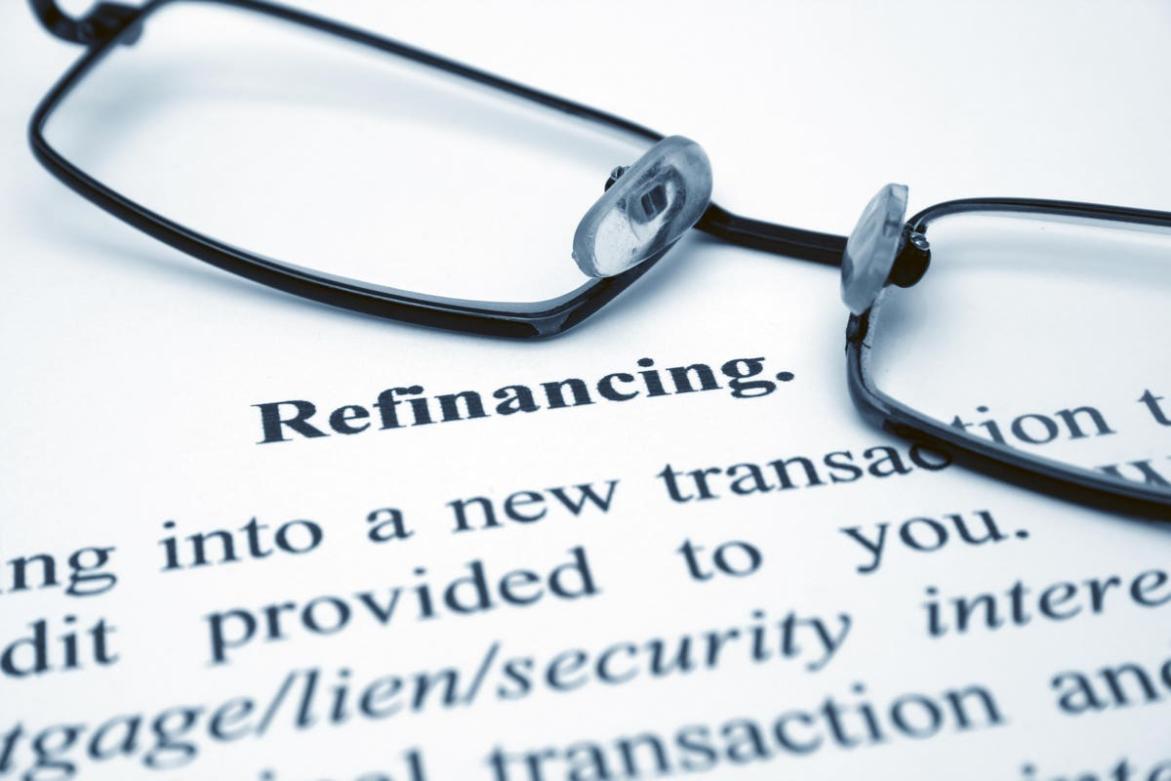Refinancing 101: Understanding the Process and Benefits of Mortgage Refinancing
Mortgage refinancing is the process of replacing an existing mortgage with a new one, typically with the goal of securing a lower interest rate, reducing monthly payments, or improving loan terms. Refinancing can be a smart financial move for homeowners who are looking to save money, access cash, or adjust the terms of their mortgage to better align with their financial goals.

Understanding The Refinancing Process
The refinancing process typically involves the following steps:
- Pre-approval: Before initiating the refinancing process, it's important to obtain pre-approval for a new loan. This will give you a good idea of the interest rate and loan terms you can expect, and it will also make the formal application process go more smoothly.
- Loan Options: There are several types of refinance loans available, including rate-and-term, cash-out, and debt consolidation loans. The type of loan that's right for you will depend on your specific financial goals.
- Appraisal: As part of the refinancing process, the lender will order an appraisal of your property to determine its current value. This appraisal will help the lender determine how much you can borrow against your home.
- Closing: Once your loan is approved, you'll need to sign new loan documents and pay closing costs. Closing costs can include things like appraisal fees, loan origination fees, and title insurance.
Benefits Of Refinancing
Refinancing can offer several benefits to homeowners, including:
- Lower Interest Rates: Refinancing can help you secure a lower interest rate on your mortgage, which can result in reduced monthly payments and long-term savings.
- Reduced Monthly Payments: Refinancing can also lead to lower monthly payments, which can free up cash flow and improve your financial flexibility.
- Improved Loan Terms: Refinancing can allow you to extend or shorten the term of your loan, which can help you better align your mortgage payments with your financial goals.
- Cash-Out Refinancing: Cash-out refinancing allows you to tap into your home equity for various purposes, such as home renovations, debt consolidation, or education expenses.
Considerations Before Refinancing
Before you decide to refinance your mortgage, it's important to consider the following factors:
- Break-Even Period: The break-even period is the amount of time it will take for the savings from refinancing to offset the closing costs. It's important to consider the break-even period before refinancing to make sure that you'll actually save money in the long run.
- Closing Costs: Closing costs can vary depending on the lender and the type of loan you choose. It's important to factor closing costs into your decision-making process to make sure that they don't outweigh the potential savings from refinancing.
- Impact on Credit Score: Refinancing can have a temporary negative impact on your credit score. This is because applying for a new loan will result in a hard credit inquiry, which can lower your score by a few points. However, the negative impact should be short-lived, and your score should rebound within a few months.

Refinancing can be a smart financial move for homeowners who are looking to save money, access cash, or adjust the terms of their mortgage. However, it's important to carefully consider the costs and benefits of refinancing before making a decision. If you're not sure whether refinancing is right for you, it's a good idea to consult with a mortgage professional.
YesNo

Leave a Reply